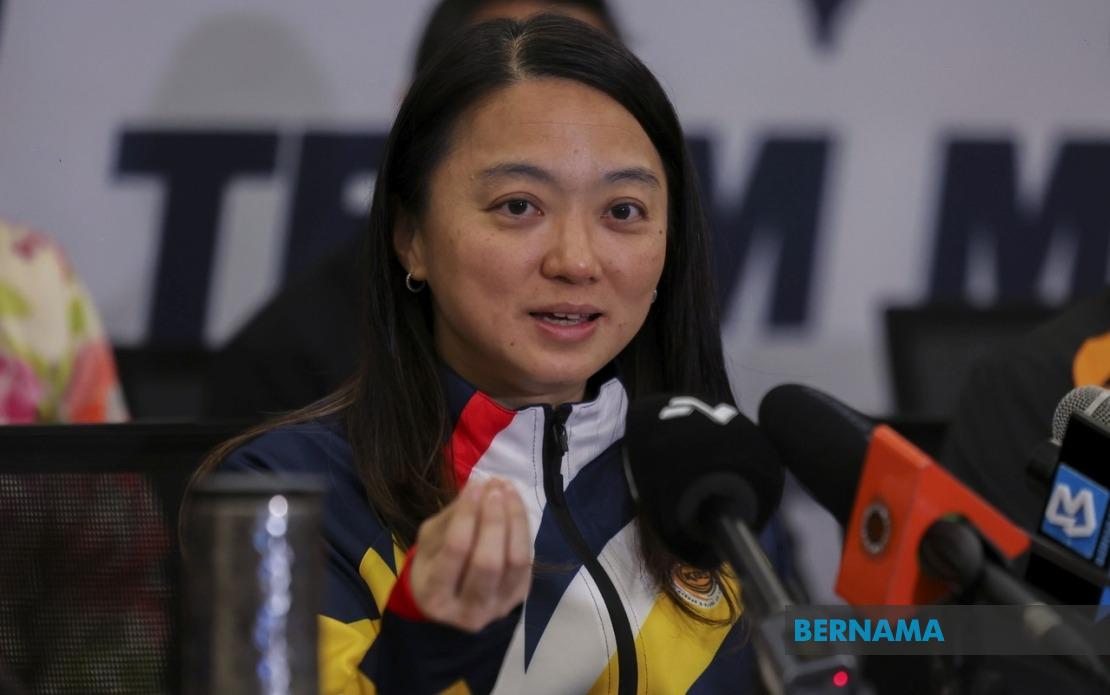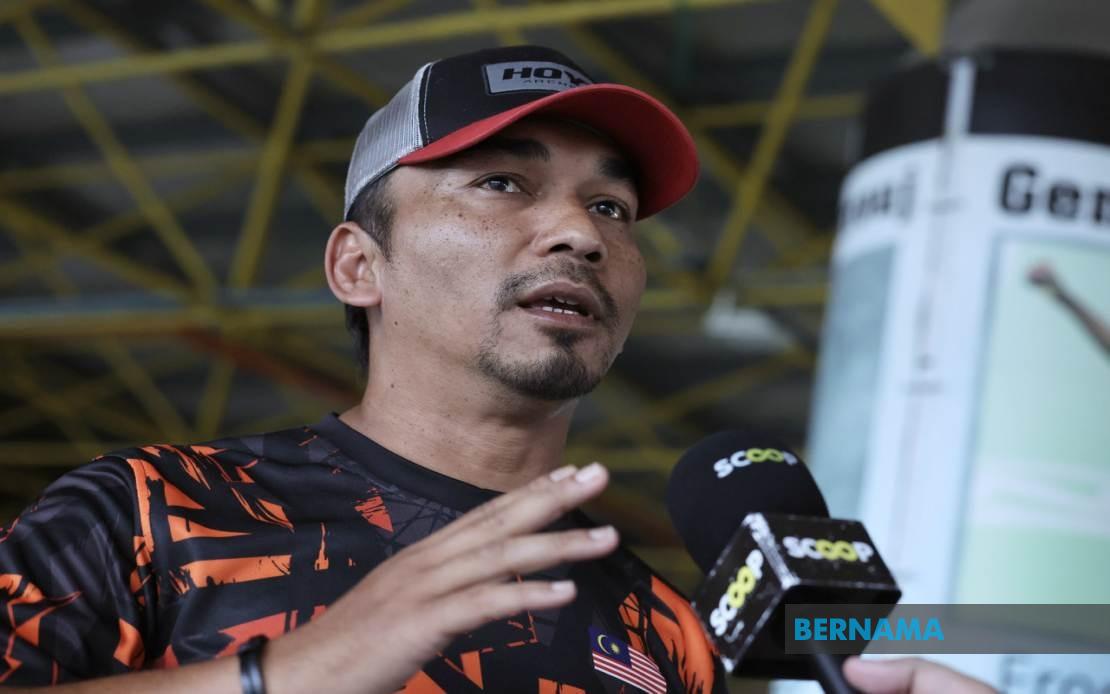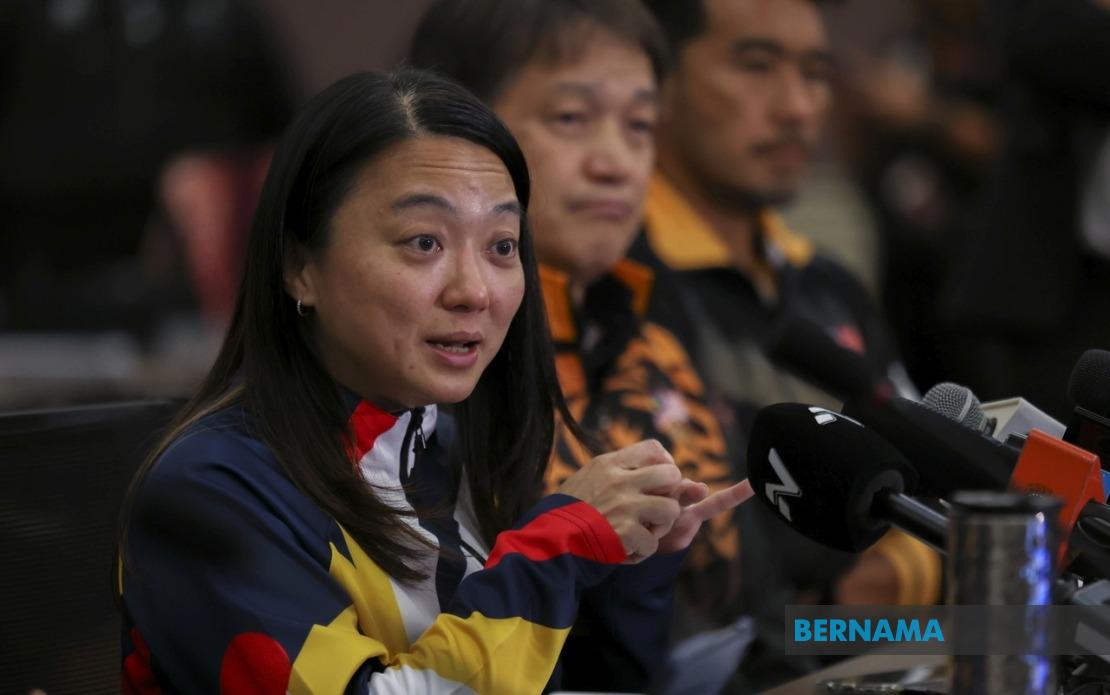AI Revolutionising Sports To Develop World-class Athletes

By Muhammad Zulkarnain Mohd Azman and Amiril Muttaqien Meketar
KUALA LUMPUR, Nov 20 (Bernama) -- Can a young Orang Asli child from Gua Musang, Kelantan be turned into an Olympic champion in 2036?
This idea might have seemed far-fetched in the past but rapid advancements in artificial intelligence (AI) in today’s modern world have given it a fillip.
Professor Datuk Dr S. Shamala said AI, widely used in fields such as medicine and engineering, is now revolutionising sports on both national and international levels.
The Dean of the Faculty of Computer Science and Information Technology at Universiti Putra Malaysia (UPM) said by leveraging AI technology, athletes and coaches can predict performance trends, enabling them to develop effective strategies for the future.
“One unique feature of AI is its ability to predict an athlete's future performance based on learning models and collected data,” she told Bernama.
“AI can provide comprehensive data on an athlete’s performance, including competition results, training, injury risks and comparisons with athletes from other countries,” she added.
This data is gathered through high-tech devices, such as smartwatches or GPS-enabled vests worn by athletes during training and competitions.
Acknowledging the importance of AI technology, Shamala, a former deputy president of the Malaysian Hockey Confederation, said her team at UPM has been developing a pilot project called the iOS-Rocks Sport Performance Analysis System since last year.
Apart from tracking athlete performance, the application monitors movement, heart rate and even sleep patterns.
“We’ve been working with a children’s football club, and the feedback has been very positive. It has helped improve their game,” she said.
According to her, collecting such data is crucial for nurturing world-class athletes who can win honours for the country on the global stage.
“For instance, if an 11-year-old track cyclist shows potential, their data can be compared to our national icon Datuk Mohd Azizulhasni Awang. From there, we can track their progress and determine whether they can advance further or require additional support to enhance their performance,” she said.
While AI is a boon to sports analysis, Shamala cautioned that its effectiveness hinges on accurate data collection and noted the high costs of building cloud-based data systems.
The former national hockey player urges industry players to collaborate with foreign companies or local universities to invest in AI-driven sports technologies.
Shamala also welcomed the government’s initiatives to boost AI development in Malaysia, which could significantly benefit national sports.
She is optimistic that investments from tech giants specialising in cloud computing, such as Google, Nvidia and Amazon Web Services, will reduce data storage costs and encourage broader collaboration in building a robust sports data ecosystem in Malaysia.
-- BERNAMA



